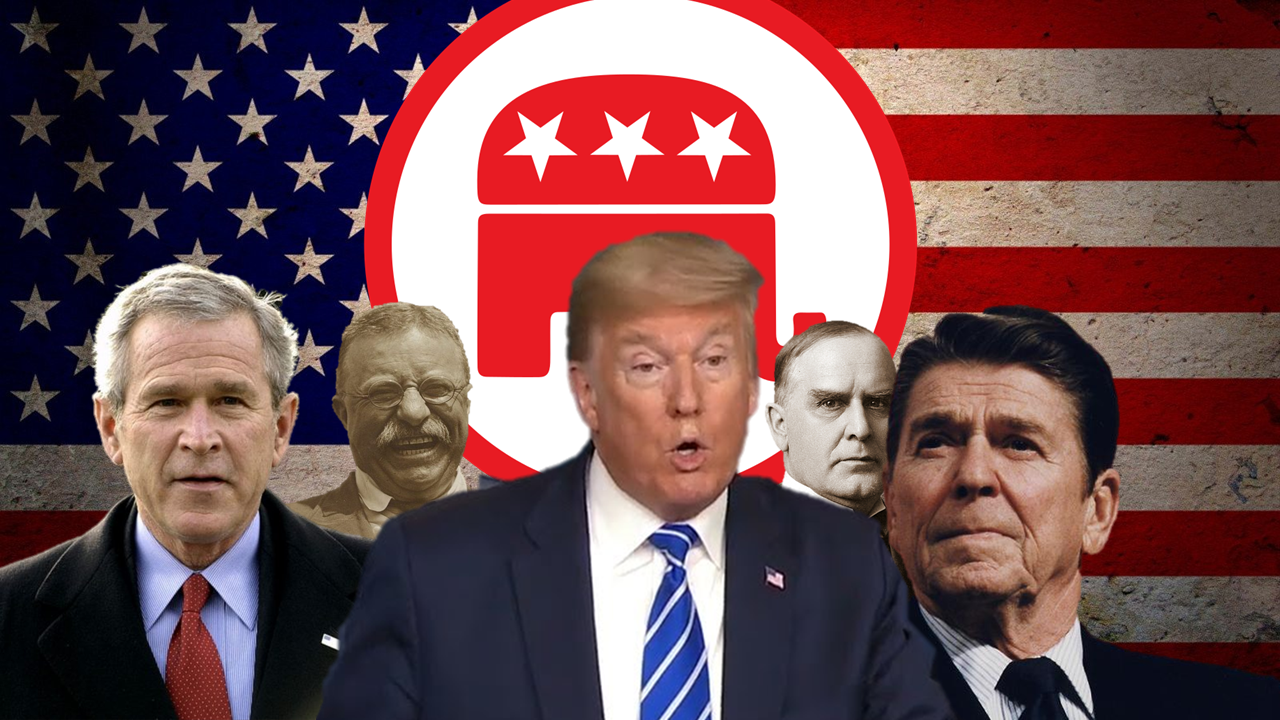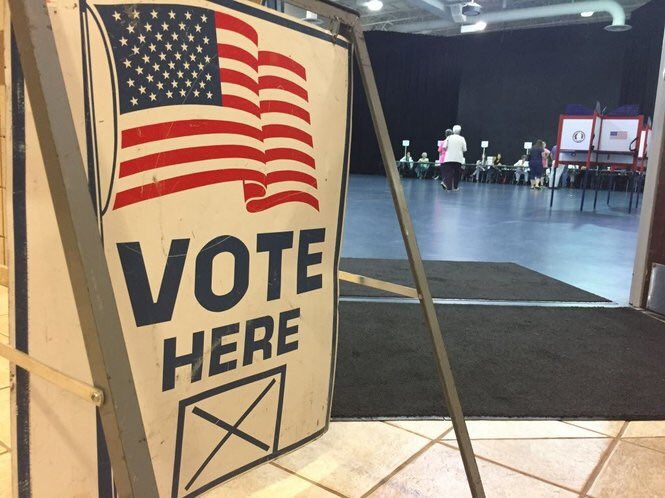Texas State Representative Ryan Guillen's recent party change, "considered Austin's most conservative Democratic legislator," has contributed to the political debate over the current trend of Hispanic or Hispanic voters toward the Republican Party.
While it's difficult to gauge how long this trend could last, the Democratic Party has been surprised by numbers from recent elections, such as the presidential ones, whose rise in Latino voters to Republican candidates has increased by about 30%. On the other hand, Republicans have argued that increasing their voters is an even bigger move, resulting in internal party transformation. In 2020, this increase was most notable, especially in South Texas, where Donald Trump made major political advances during the elections.
According to
The New York Times article, “the Republican Party has been reaching out to Latino voters for decades, particularly in Texas. Former President George W. Bush famously courted them with his ‘compassionate conservatism’. And it was former President Ronald Reagan who told his Hispanic outreach director that he would have the easiest job in the world, because ‘Hispanics are already Republicans, they just don’t know it yet’”.
With more seats lost in the House of Representatives from various districts, there is latent concern among Democrats about the possible formation of a new undecided group constituted by the Latino community at large.
However, something important for the discussion is to realize that there are several factors that may be contributing to the phenomenon, perhaps unexpected to most Democrats. Political ideology may not be one of the biggest motivations, as the analysis published by the newspaper points out. Redistricting, for example, may be a decisive factor in US politicians choosing to switch parties. Ryan Guillen's decision, while following an ideological coherence, for example, he “came after Republican-controlled redistricting turned his legislative district from a Republican-leaning district into one that would most likely be solidly red”.
The 2022 legislative elections will be a challenge to both parties and may reveal the extent to which Latino voters' choice confirms or not the pace of these changes.
 historymacayrubio.blogspot.com
historymacayrubio.blogspot.com











